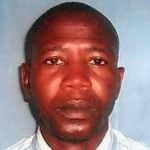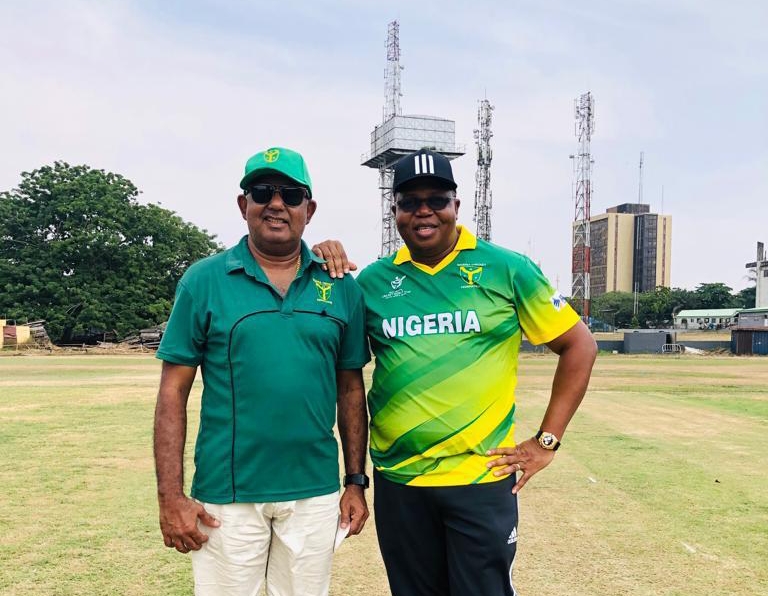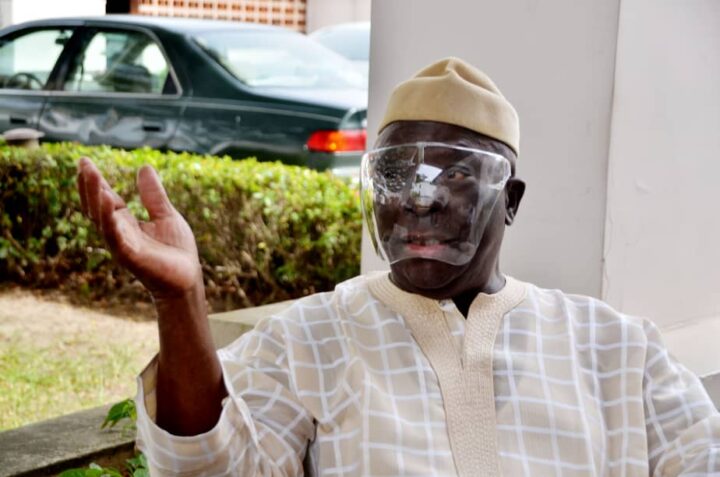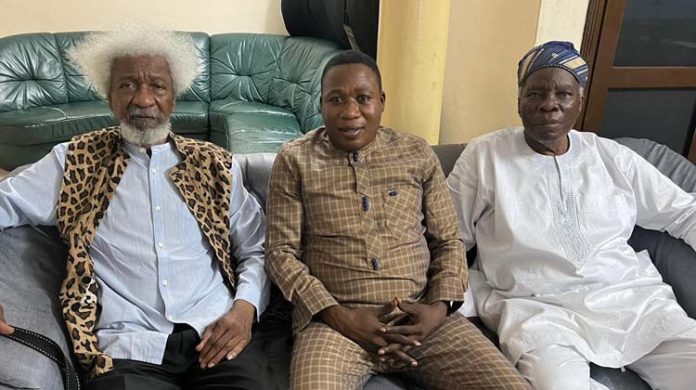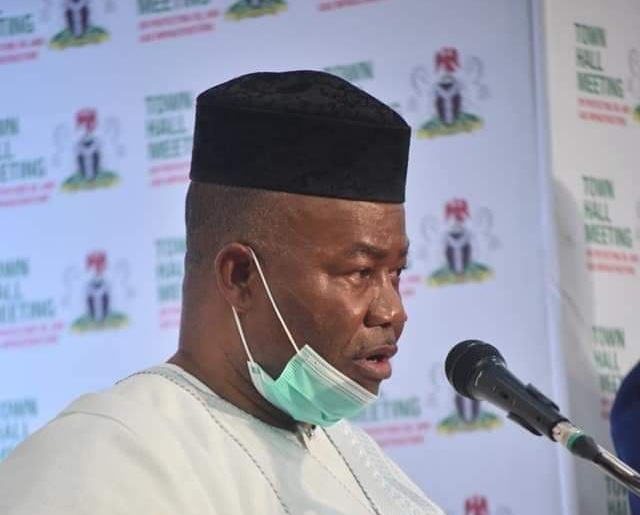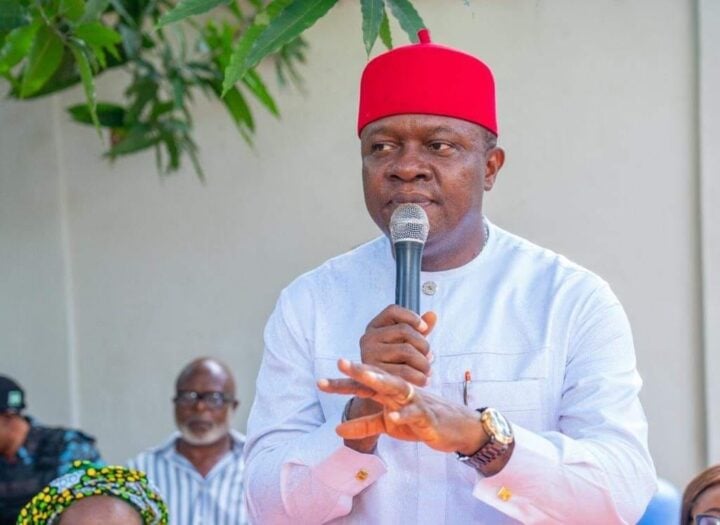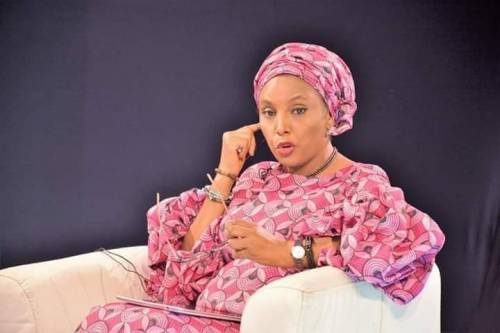Gurusinha and cricket revolution in Nigeria
The past years have been fast-paced for the Nigeria Cricket Federation, with remarkable events that are presently reshaping perception of the sport, in addition to its growth and future. Among the key points is the appointment of Asanka Gurusinha as the National Coach and the High-Performance Manager for the country.
Gurusinha’s appointment in December 2020 at the height of the Covid 19 pandemic, came in the midst of some other high moments. Therefore, not much attention was paid to its importance, except that it was another landmark in the middle of other feats.
As a World Cup winner in 1986 and former national coach of Sri Lanka, his home country, as well as numerous coaching experiences he had in Australia, the attraction to Nigeria for someone of Gurusinha’s pedigree, aside from the country’s growing influence, was the International Cricket Council’s connection with the job.
Although Gurusinha had confessed that he knew Nigeria played some measure of cricket before he applied for the job, the extent he still could not tell until he came in contact with the vacancy he applied for.
Advertisement
“I know Nigeria plays some cricket. At least I used to monitor the performance of the Associate Countries and have seen some mention of them in the reports from the ICC, but that’s the much I know. The other thing is perhaps that they are a developing country and similar to Sri Lanka in a lot of ways,” he had told TheCable in an interview after his resignation last month.
Nigeria had just broken a century-old record of its own, qualifying for its first ICC World Cup, although Under 19, since 1906 when the sport was first documented in the country. The qualification in 2019 attracted global attention, even as the ICC-Africa has also been attracted by developmental efforts established by the leadership of the Nigeria Cricket Federation.
Nigeria was leading the North-West Africa region in the setting up of an all-female league, one that points to a gender-inclusive development path which also received its own cheer from the cricket world, same for the localization of the techniques for building standard turf wicket.
Advertisement
So, Nigeria cricket had so much on its plate that distracted from the importance of the knowledge that Gurusinha was bringing on board.
But by the time his resignation was announced last week by the Nigeria Cricket Federation, he has brought in so much value to the development agenda that his absence is already being discussed with emotional hues.
Sylvester Okpe, captain of the Nigerian men’s team, was the first to lead a touching note on social media in honour of the impact that the coach has brought to Nigeria in the last 18 months.
“I’m really happy that we crossed paths and the past 18 months have been full of events I can’t say all. The memories we have all shared are definitely going to last for a lifetime. Thanks, Coach, for all you’ve done and I wish you the very best going forward,” Okpe shared on his Instagram page, followed by a torrent of more comments.
Advertisement
Gurusinha himself has said some of his biggest gains from Nigeria are emotion and appreciation that everyone he impacted has displayed on learning of his resignation.
Perhaps, the emotion is tied particularly to the reason that the Sri Lankan has given for parting with his job.
“It is the professional athletes’ curse, injury,” he had said of a shoulder injury he had nursed for some time now and dabbing the pain with medications.
“It is an injury I picked up while playing professionally.”
Advertisement
He is due for surgery on the account of the injury and believes the cumulative time that would be spent on the operation and recovery would be better spent for Nigeria if someone else takes over the affair of Nigeria’s coaching.
“I have come to love what I do here. I see the players developing. I had mapped a three-year plan for the national team and I think we are on course. But I will be a hinderance at this point if I don’t get out of the way of the team.”
Advertisement
Gurusinha says Nigeria’s biggest cricket assets are the players on which his communication to the federation centred during his 18-month reign at the coaching helm.
“Without the players, the federation would just be an empty shell,” he also said.
Advertisement
More importantly, Gurusinha has added structure to Nigeria’s cricket training regimen. The only time the players consider themselves worthy of discipline before now is when in camp or when an assignment is weeks or even days away. But in a few months after the former Sri Lankan player came to Nigeria, the orientation of national-grade players got positively influenced by strict discipline.
“It was frustrating when I just resumed. The players weren’t fit and their fielding was below par,” he said.
Advertisement
Nigeria just finished a camp for the national male team and the plan is to select a standing team that would execute some major events for the country in the last quarter. That’s the kind of effect Gurusinha has brought to Nigerian cricket.
Every player that scales the screening knows that his form must be kept for the next six months, and this is monitored periodically through some parameters and data logs that the coach demands from the player along with the partnership of regional coaches.
The same pattern is being extended to the female team, although it is more stringent with the male team.
On coaching, Gurusinha said although he would love to have built a stronger team but synchronizing all coaching models across the teams is one of his biggest scores here. All national coaches have the same coaching template now, which makes it easy to pull data from any region of the country.
“The coaches are very key, especially those that make the first contact with students and crickets recruits. Most of the time, if what they are taught is not in sync with our national template it becomes a problem when the players get to the center and it derails or at times limits the expression of talents.”
Although he regretted not doing as much as he had loved to, he nevertheless expressed delight that all national coaches now have some major understanding of what is required of them.
“The thing about coaching is continuous development. You can’t stop learning and that’s what I have recommended that would be the pattern going forward.”
According to him: “I am hopeful for the huge talent that Nigeria is blessed with and only hope I would have stayed longer to groom, condition and provide leadership for them, just that my health requires urgent attention now.
“However, I will still work with the federation to see how best I can help from my base in Australia.”
Already, three players in the men’s team; Isaac Okpe, Slyvester Okpe and Sesan Adedeji have been linked to feature with a touring Asian League side in South Africa.
“I will look for opportunities for the talents that I have seen to get exposure and get trained with top teams, especially with the support of the federation,” he said.
Although Gurusinha tendered his resignation officially in March, he would still have to stay out his three months in-lieu till June before he finally departs from Nigeria, enabling the NCF enough time to carry out a smooth transition of the national coaching portfolio to another technocrat.
Uyi Akpata, the NCF President, said: “The federation will make sure there is no gap in the position. It is a very sensitive position that is critical to our objectives as a team and a country.
“Asanka will be missed and we understand why he has to leave now. The best we can give him is support to help him overcome the health challenge. And he has also assured that he would be available to offer support from his base whenever needed.”
Add a comment
